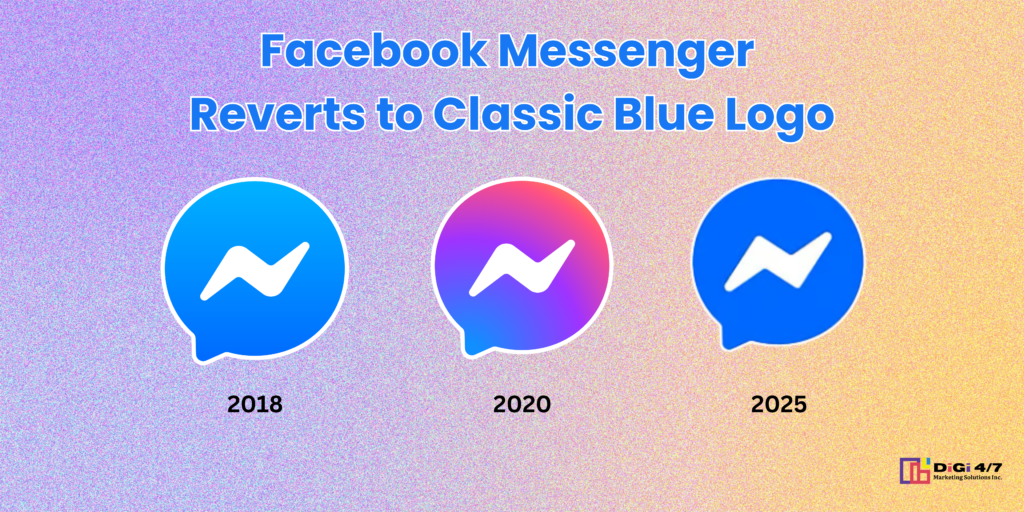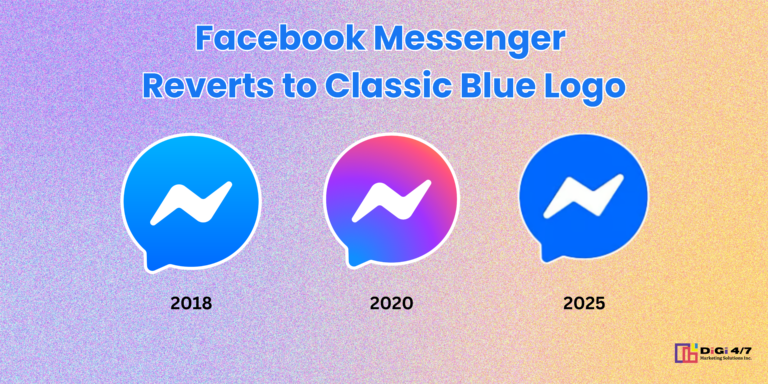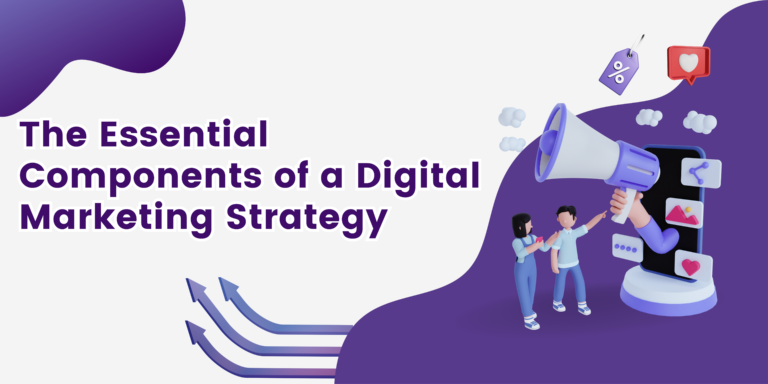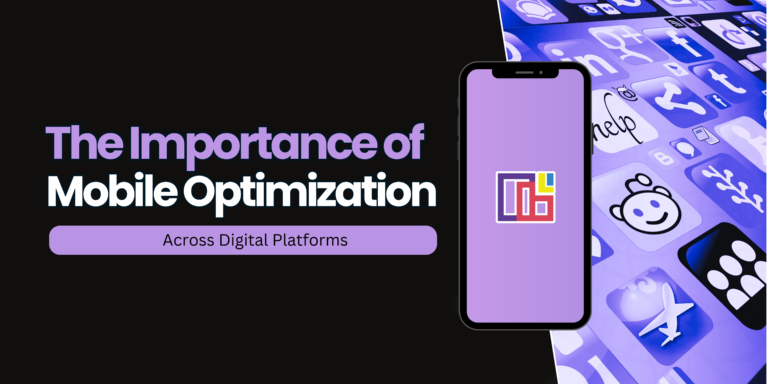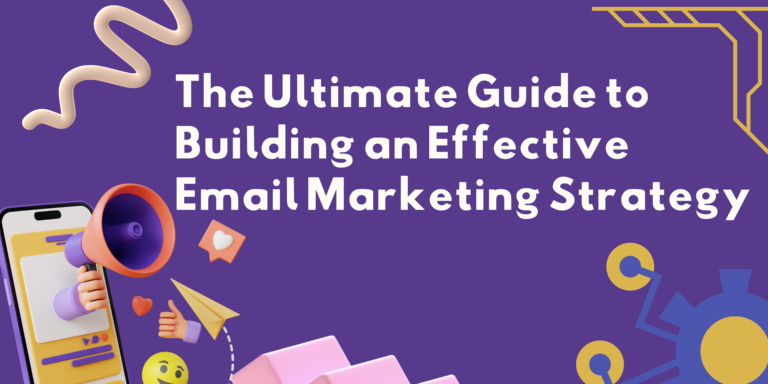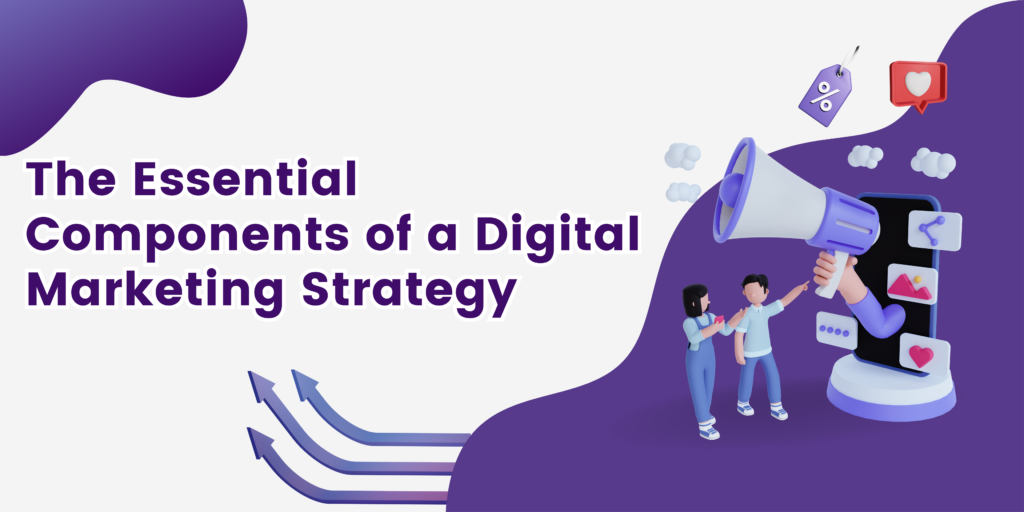
The Essential Components of a Digital Marketing Strategy
A successful digital marketing strategy integrates various components to effectively engage audiences, enhance brand visibility, and drive conversions. Understanding these essential elements allows businesses to navigate the digital landscape confidently.
1. Clear Goals and Objectives
Establishing clear goals is the foundation of any digital marketing strategy. Businesses must define what they want to achieve, whether it’s increasing brand awareness, generating leads, or boosting sales. SMART(Specific, Measurable, Achievable, Relevant, Time-bound) goals provide a framework that guides marketing efforts and helps measure success.
2. Target Audience Identification
Understanding the target audience is crucial. Businesses need to conduct thorough market research to identify who their customers are, what they want, and where they spend their time online. Creating detailed buyer personas helps tailor marketing messages and ensures that campaigns resonate with the intended audience.
3. Content Strategy
Content is at the heart of digital marketing. A well-defined content strategy outlines what type of content to create, how often to publish it, and on which platforms to share it. Engaging blog posts, informative videos, and eye-catching infographics not only attract attention but also establish authority and foster trust.
4. Search Engine Optimization (SEO)
To ensure visibility in search engines, businesses must implement effective SEO practices. This involves optimizing website content, improving site structure, and using relevant keywords. By enhancing organic search rankings, companies can drive more traffic to their websites and reach potential customers actively searching for their products or services.
5. Social Media Marketing
Social media platforms offer a powerful way to engage with audiences. Developing a strong social media presence allows businesses to interact directly with customers, share valuable content, and build a community around their brand. Crafting platform-specific strategies can help maximize reach and engagement.
6. Email Marketing
Email marketing remains one of the most effective channels for nurturing leads and maintaining customer relationships. Building an email list and segmenting it based on user behavior allows for personalized communication. Regular newsletters, promotional offers, and valuable content keep audiences engaged and encourage conversions.
7. Paid Advertising
Investing in paid advertising can enhance visibility and reach. Pay-per-click (PPC) campaigns, social media ads, and display advertising target specific demographics and drive traffic quickly. Monitoring and optimizing these campaigns based on performance metrics ensures a strong return on investment.
8. Analytics and Performance Measurement
Tracking performance is essential for refining marketing strategies. Utilizing tools like Google Analytics allows businesses to monitor website traffic, user behavior, and conversion rates. Regularly analyzing this data helps identify what works and what needs adjustment, enabling continuous improvement.
9. Conversion Rate Optimization (CRO)
Once traffic flows to a website, businesses must focus on converting visitors into customers. Implementing conversion rate optimization techniques, such as A/B testing and improving user experience, can significantly enhance the effectiveness of marketing efforts. A seamless, engaging website encourages users to take desired actions.
10. Continuous Improvement
The digital landscape constantly evolves, requiring businesses to adapt. Regularly revisiting and updating the digital marketing strategy based on industry trends and performance data ensures relevance. Embracing a mindset of continuous improvement allows businesses to stay ahead of the competition.
Conclusion
A comprehensive digital marketing strategy encompasses various essential components that work together to achieve business objectives. By setting clear goals, understanding the target audience, creating engaging content, and leveraging analytics, businesses can effectively navigate the digital world. As the landscape continues to change, adapting and optimizing strategies will ensure long-term success.





